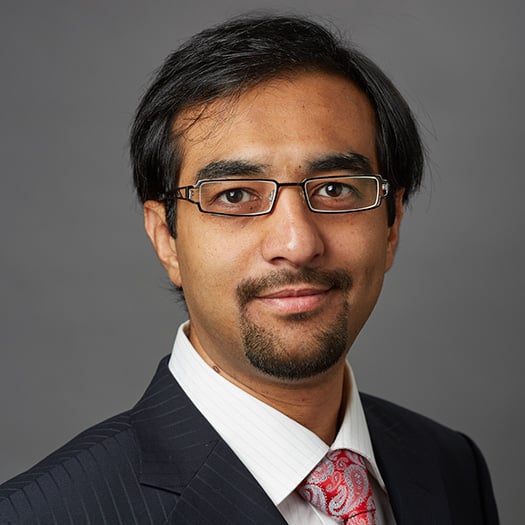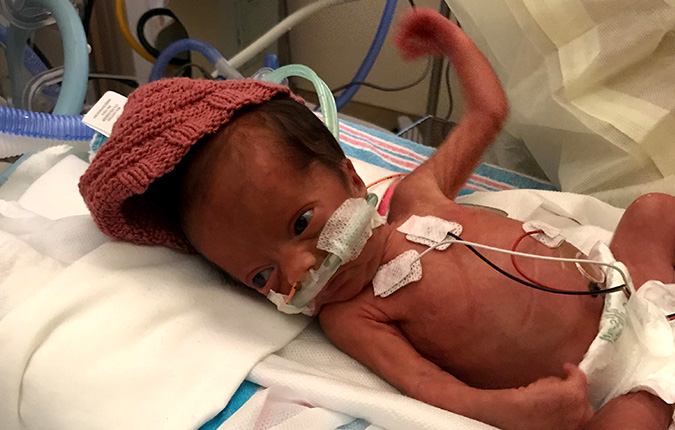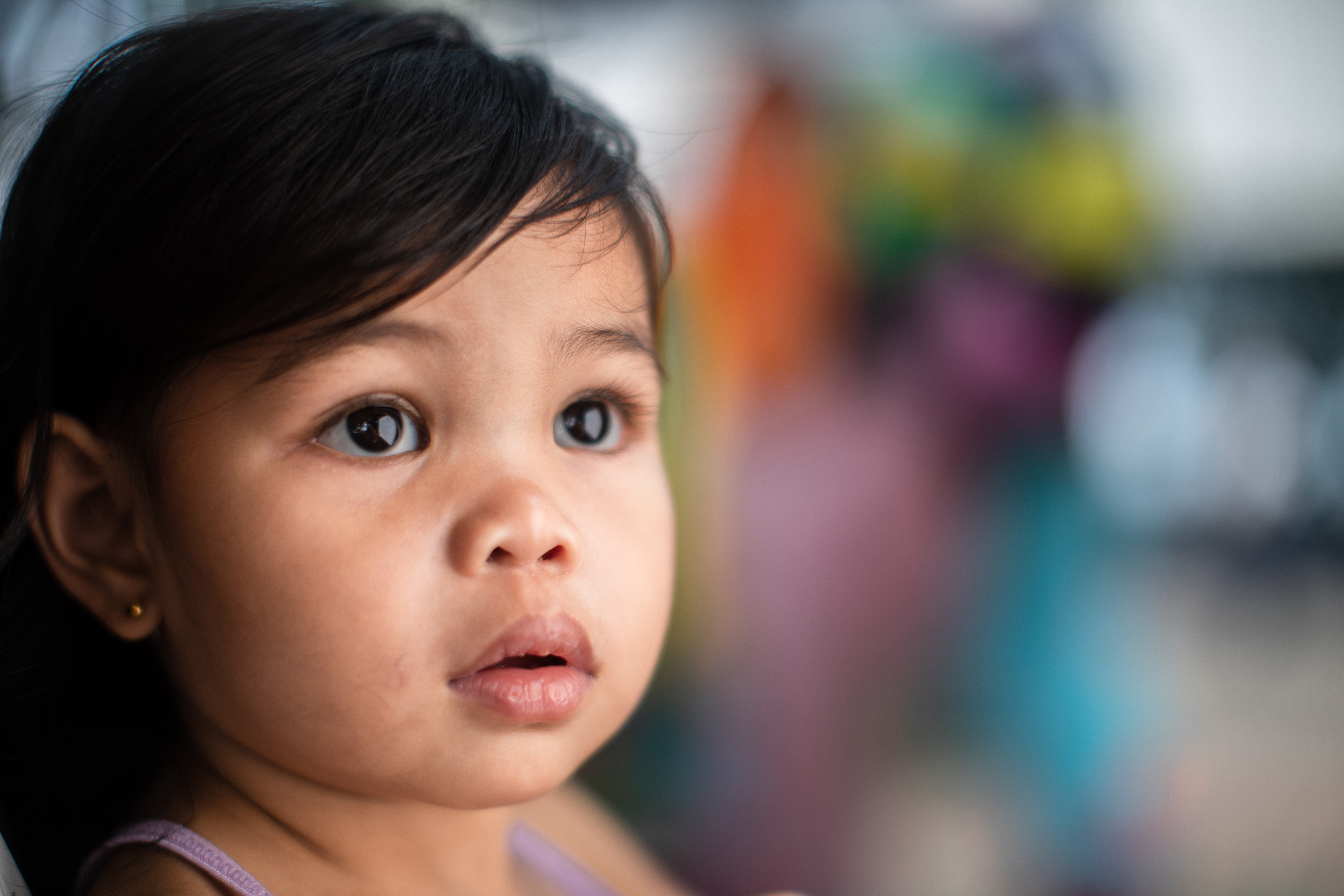Condition
Pediatric PANS/PANDAS
What is PANS/PANDAS?
Pediatric acute-onset neuropsychiatric syndrome (PANS) and pediatric autoimmune neuropsychiatric disorder associated with streptococcal infections (PANDAS) are diagnoses that often include the sudden onset of obsession, compulsions, tics or eating restrictions as well as symptoms from at least two of seven categories. PANS/PANDAS are associated with infections and are diagnoses of exclusion so it is important to rule out other possible medical and psychiatric diagnoses.
Contact the Children's National Hospital Team
Families seeking an appointment with the multidisciplinary PANDAS team should call psychiatry/psychology at 202-729-3300.
Frequently Asked Questions
What are the symptoms of PANS/PANDAS in children?
How is PANS/PANDAS diagnosed in children?
How is PANS/PANDAS treated in children?

Anxiety Treatment at Children's National Hospital
The Anxiety Disorders Program is a specialized treatment clinic devoted to carefully assessing and effectively treating a wide range of anxiety disorders common among children and adolescents. Discover more about the treatments we offer.

Providers Who Treat PANS/PANDAS
- Helping Maddie to Live Life to the Fullest
Maddie is a lively, creative teen who loves to act. Research at Children's National Hospital helps to ensure that her rare disease doesn"t upstage her big theater plans or her love of life.
Departments that Treat PANS/PANDAS

Anxiety Disorders Program
The Anxiety Disorders Program at Children's National Hospital is a specialized treatment clinic devoted to carefully assessing and effectively treating a wide range of anxiety disorders common among children and adolescents.










